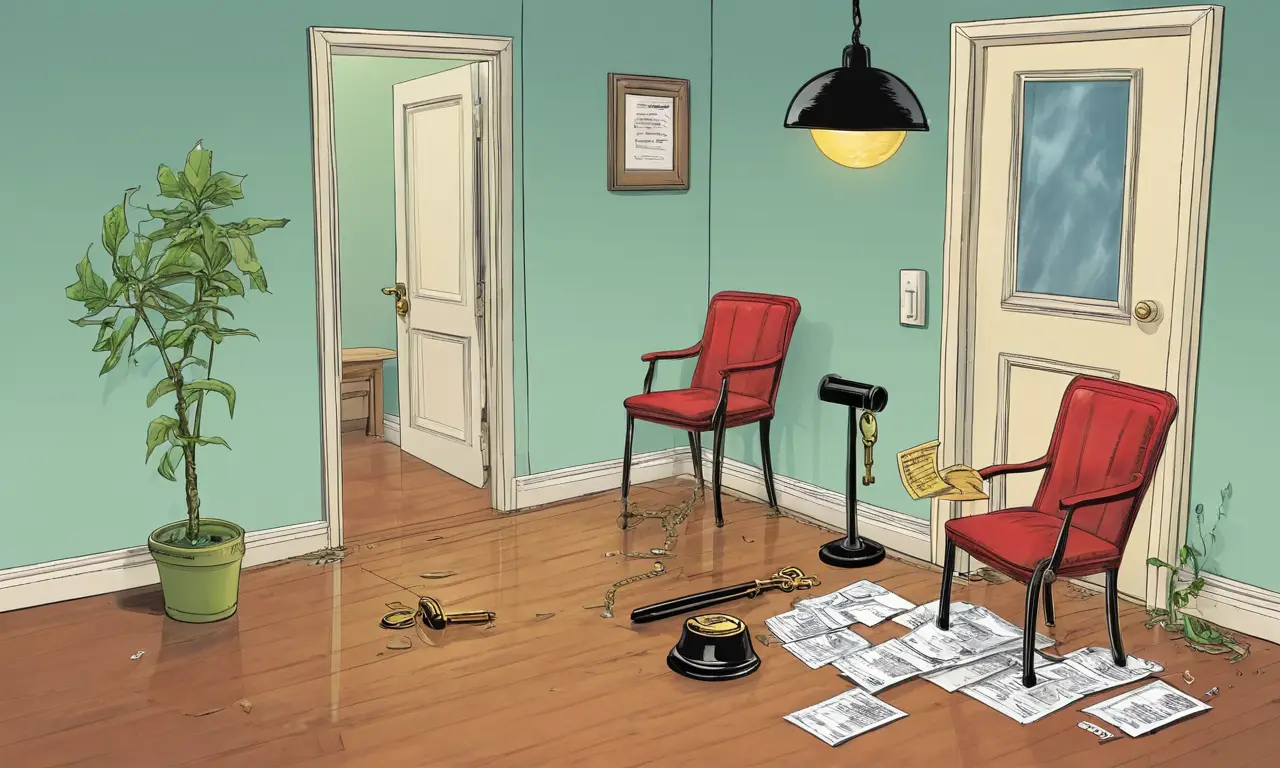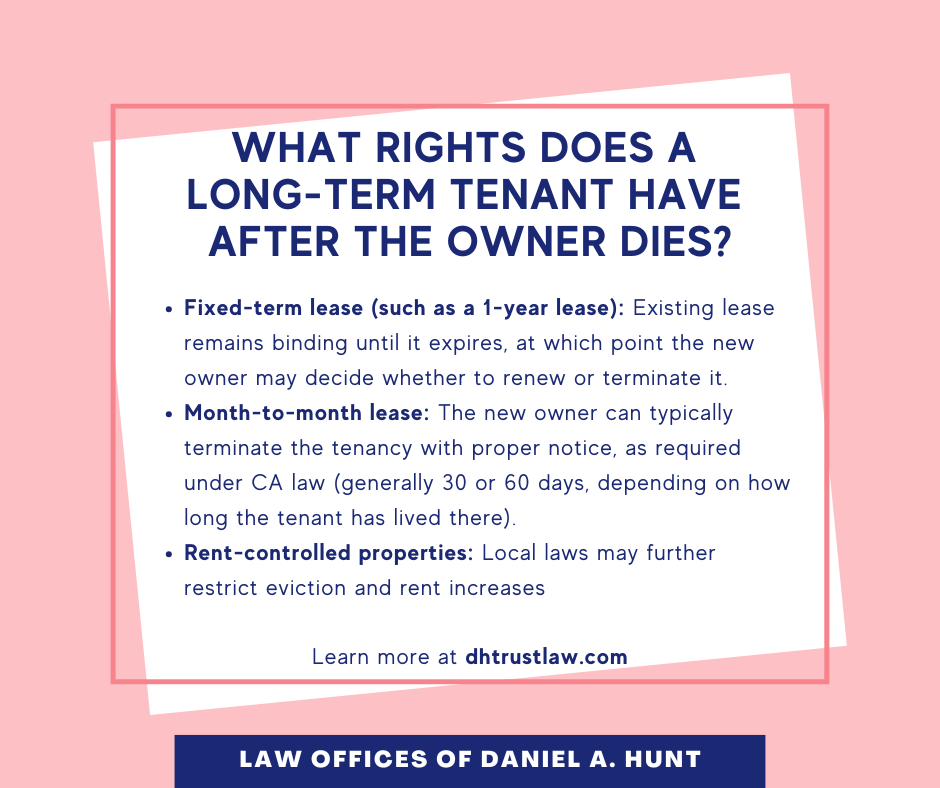The unexpected passing of a landlord can understandably cause anxiety, especially regarding your living situation. Understanding the legal implications surrounding what happens if your private landlord dies is crucial for ensuring your tenancy remains secure. This article will guide you through the potential scenarios and steps you should take when faced with this challenging situation.
This article will explore the impact of a landlord’s death on lease agreements, delve into intestate succession laws, outline property distribution processes, and emphasize the importance of communication and legal advice in navigating these complexities.
Landlord Death and Lease Agreements
A landlord’s death does not automatically void your existing lease agreement. Your lease is a legally binding contract between you and the landlord, and it typically remains valid even after their passing. This means that your rights and obligations as a tenant continue to apply unless there are specific clauses in your lease addressing this situation or if the new owner chooses to terminate the lease.
However, it’s important to remember that certain circumstances might necessitate changes to your tenancy agreement. For example, if the deceased landlord owned multiple properties and their estate is being managed by an administrator, they may decide to sell the property you reside in. In such cases, you would likely be given notice according to the terms of your lease or local tenant laws.
It’s always best to review your lease agreement carefully for any clauses related to succession or landlord death. If you have questions or uncertainties, seeking legal advice is highly recommended.
Intestate Succession Laws

When a landlord dies without a valid will, intestate succession laws come into play. These laws dictate how the deceased person’s assets, including property, are distributed among their heirs. The specific rules vary depending on your state or jurisdiction.
Generally, intestate succession prioritizes immediate family members like spouses, children, and parents. If there are no surviving relatives, the property may pass to distant relatives or, in some cases, to the state. Understanding these laws can help you anticipate potential changes in ownership and how they might affect your tenancy.
Property Distribution After Death
The distribution of a landlord’s property after death can significantly impact your living situation. If the deceased landlord had a will, it would outline their wishes regarding property distribution. However, if there is no will, intestate succession laws determine the heirs and their shares.
Your lease agreement remains valid unless terminated by the new owner or legal representative. However, depending on the circumstances, you might need to communicate with the new owner or administrator about your tenancy status and any potential changes to the property.
New Owner or Legal Representative

After a landlord’s death, their property may be inherited by family members or managed by an appointed administrator. This individual or entity becomes responsible for handling the deceased landlord’s affairs, including managing rental properties.
It’s important to establish communication with the new owner or legal representative as soon as possible. Introduce yourself, confirm your tenancy status, and inquire about any potential changes to your lease agreement or property management practices. Maintaining open communication can help ensure a smooth transition during this period of change.
Communication and Legal Advice
When what happens if landlord dies becomes a reality, clear communication is paramount. Reach out to the new owner or legal representative promptly to confirm your tenancy status and inquire about any potential changes.
If you have concerns about your housing situation or require clarification regarding your rights and obligations as a tenant, seeking legal advice from a qualified attorney specializing in landlord-tenant law is highly recommended. They can provide personalized guidance based on your specific circumstances and local laws.
Conclusion
The death of a landlord can be an unsettling experience for tenants, but understanding the legal implications and taking proactive steps can help minimize disruption to your living situation. Remember that your lease agreement generally remains valid unless terminated by the new owner or legal representative. Communicate openly with relevant parties, seek legal advice when necessary, and prioritize clarity throughout this process.



